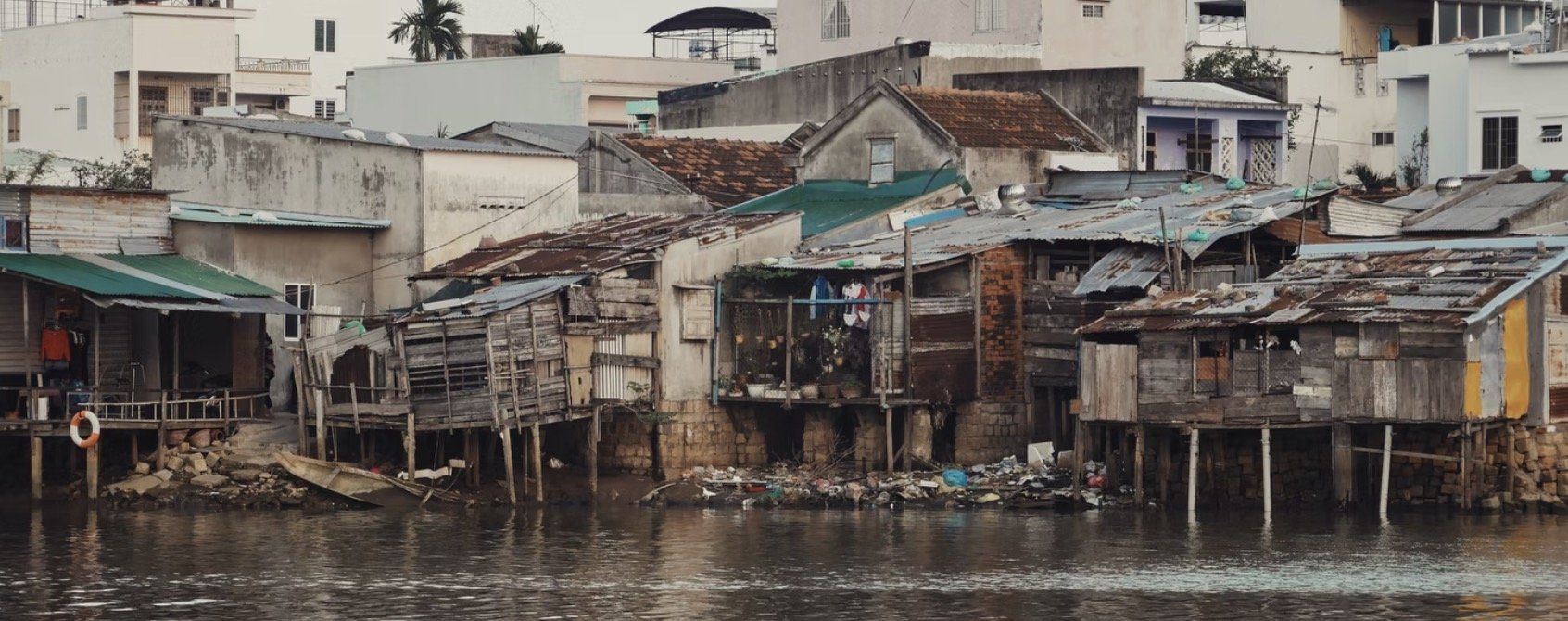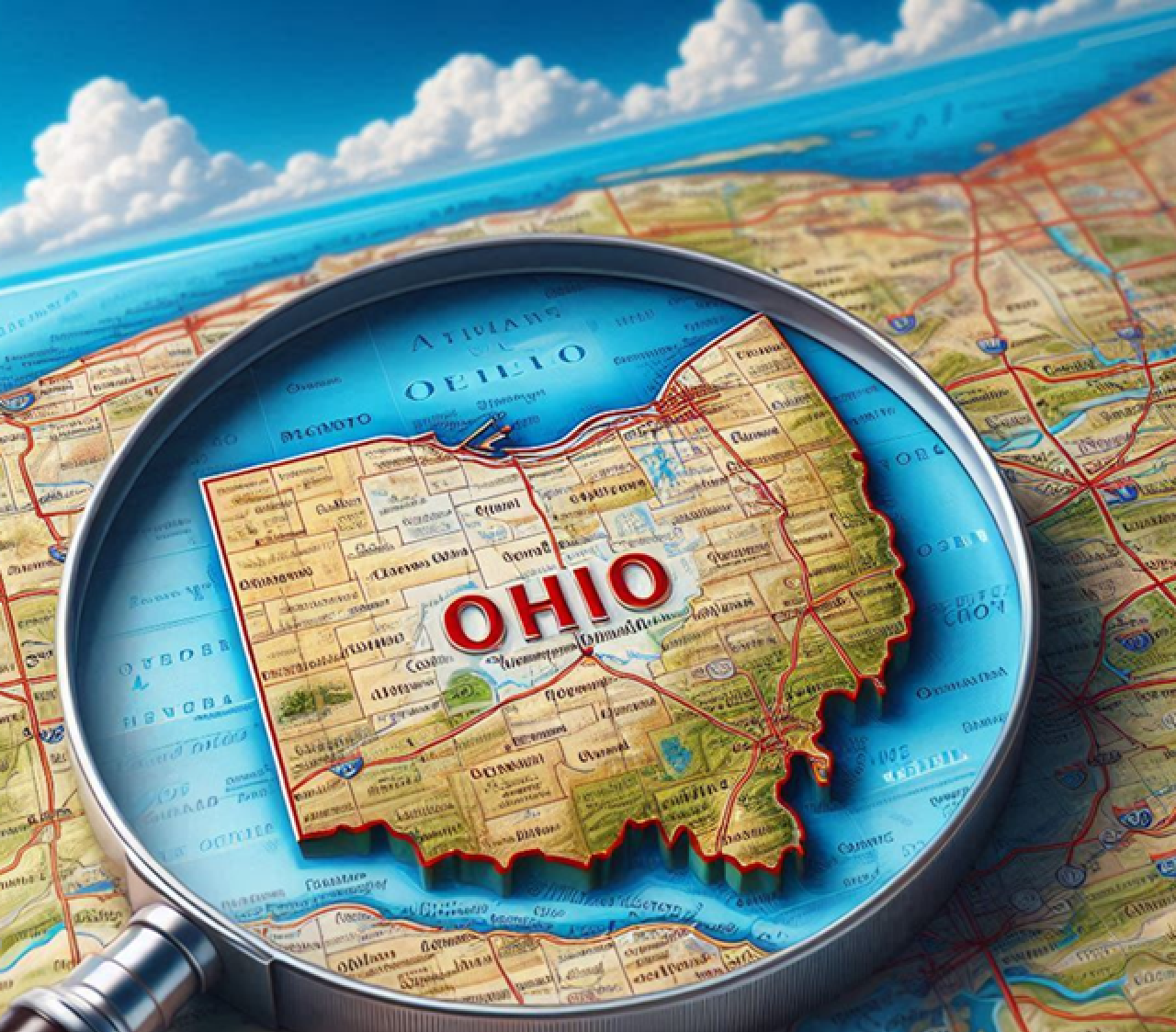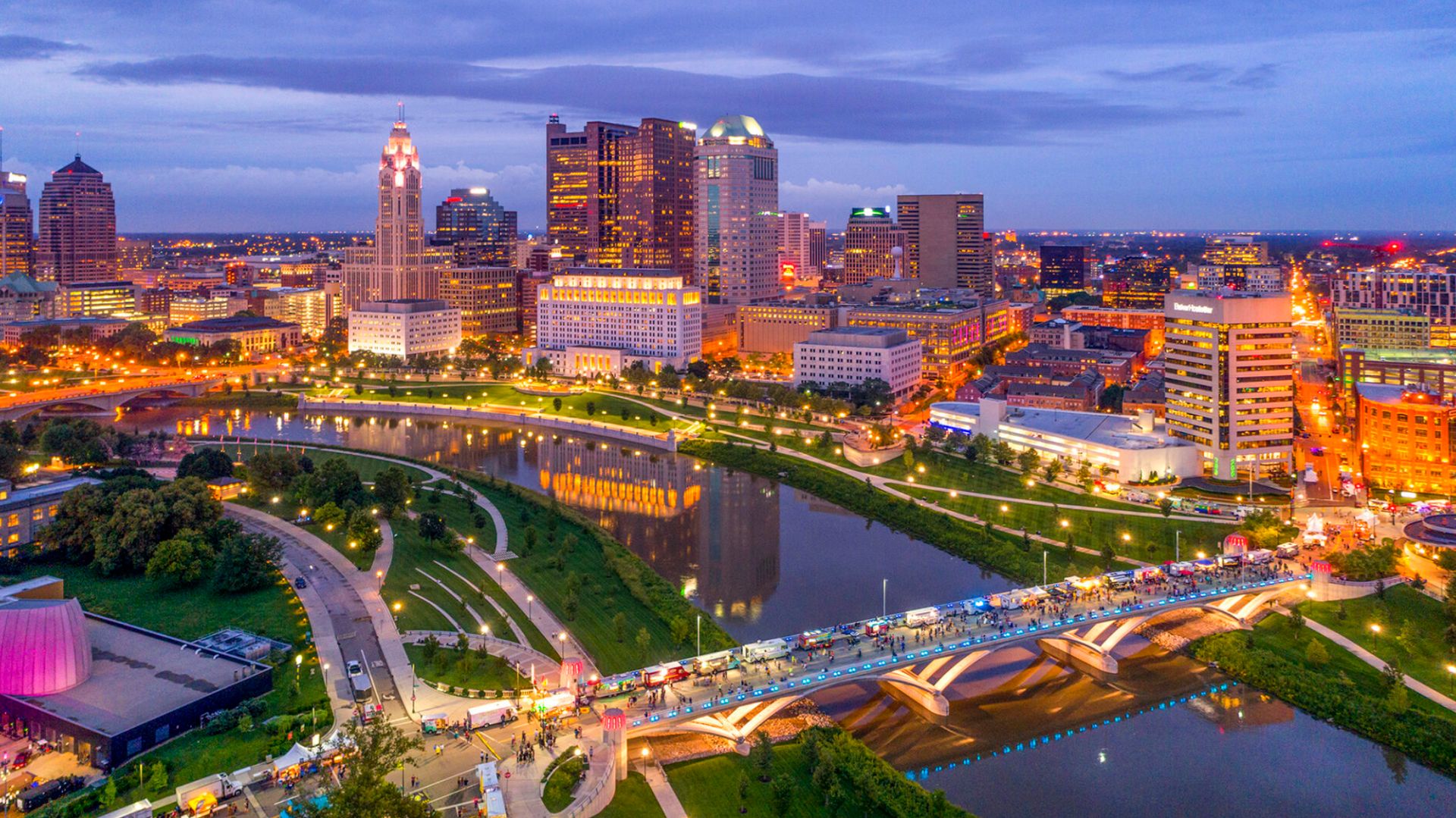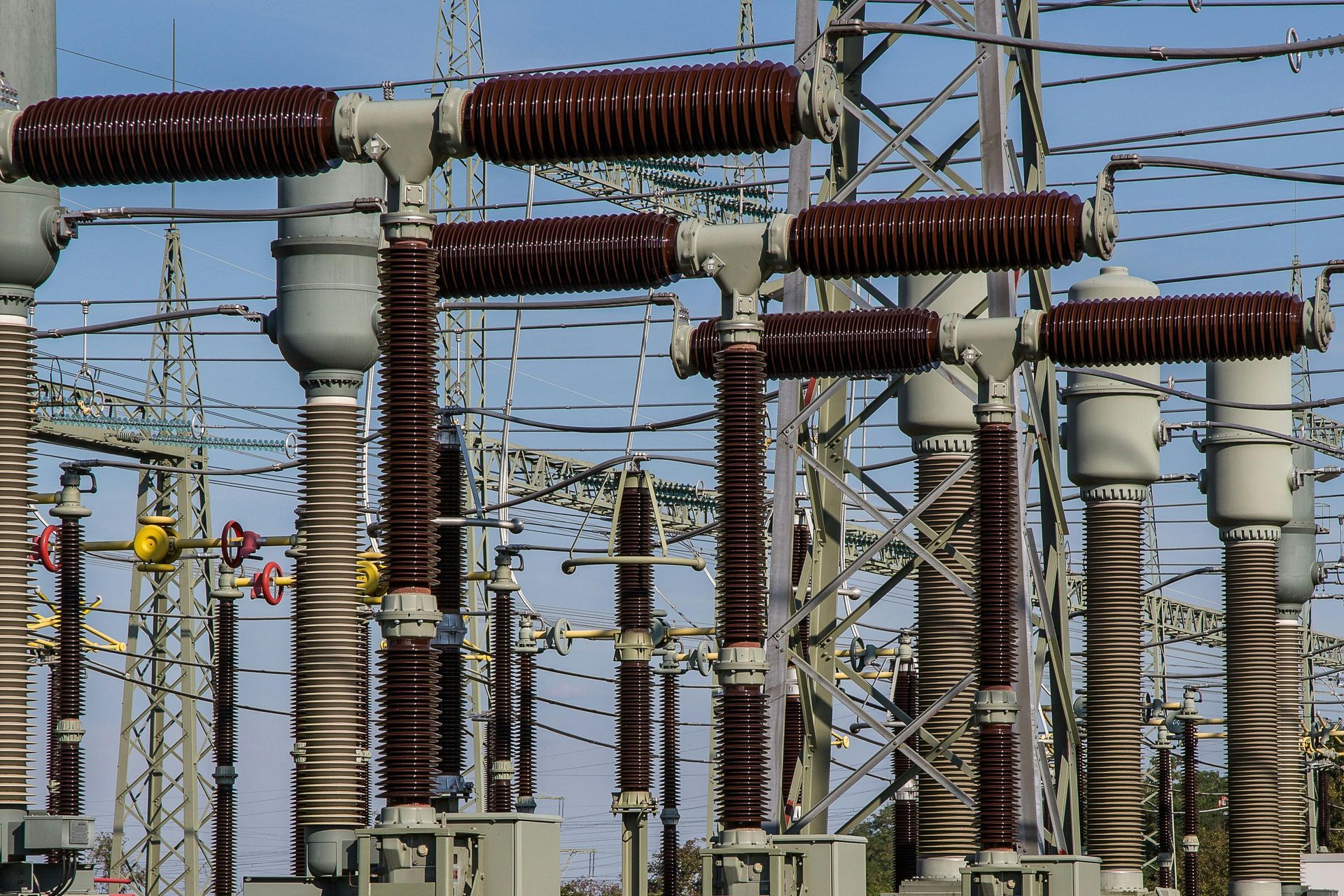What is Energy Poverty And The Reasons Behind It
Energy Poverty. Is There An End?

Energy Poverty is defined as the lack of access to modern electric sources and/or the usability of traditional energy sources, to support development.
To further clarify, energy resources that are not accessible equally worldwide are limited in countries that also may be experiencing financial poverty, however, the two may or may not be completely synonymous. This makes it challenging for people to access reliable, adequate, and safe sources of energy and also stunts the growth and development of society and the environment in certain countries.
What Are the Reasons Behind Energy Poverty and How Are They Caused?
- Lack of access to clean energy sources for cooking in their households causes indoor and 2nd hand outdoor air pollution.
- Globally, 4 out of 10 people or 40% don’t have accessible clean fuels for cooking.
- Toxic chemicals are released into the air when using certain times of fuels (like charcoal, coal, crop waste, wood, biomasses, etc.) and can deeply pollute the air of those that are cooking and breathing in that area.
- Using wood as an energy source also leads to environmental and forest degradation.
- Low Total Household Income.
- Electricity, especially clean energy, is not affordable for many in lesser developed countries, and this, in turn, leads to using of more use of unhealthy fuel sources in low-income households, which leads to health deterioration or poor health.
- The high and rising cost of living and energy prices.
- The cost of living steadily increases, as the gap increases between income and expenditures. Prioritizing immediate financial needs over searching for alternative methods of energy use can make it difficult to keep up with strategizing healthier energy use methods.
- Mismatch in service location energy requirements versus availability and access to resources in those areas.
How Are We Reversing Energy Poverty?
- Corporations such as The Rockefeller Foundation are aiming to end energy poverty, with the use of modern technology energy systems and leveraging decentralized renewable energy to help protect more vulnerable populations.
- Incorporating solar energy in areas of poverty, can help reduce air pollution, toxic fuel emissions, and health risks overall. Being that solar is renewable and a clean-energy resource, can help alleviate poverty in a sustainable way. This article by Global Citizen addresses how renewable energy options can play a key role in reducing poverty as a whole.
- Striving toward significant investments toward improving energy efficiency on a systematic scale.
The United Nationals Department of Economic and Social Affairs
highlights the importance of energy efficiency reform and how action toward climate change and renewable energy generation could change the world. Check out their article
here.











